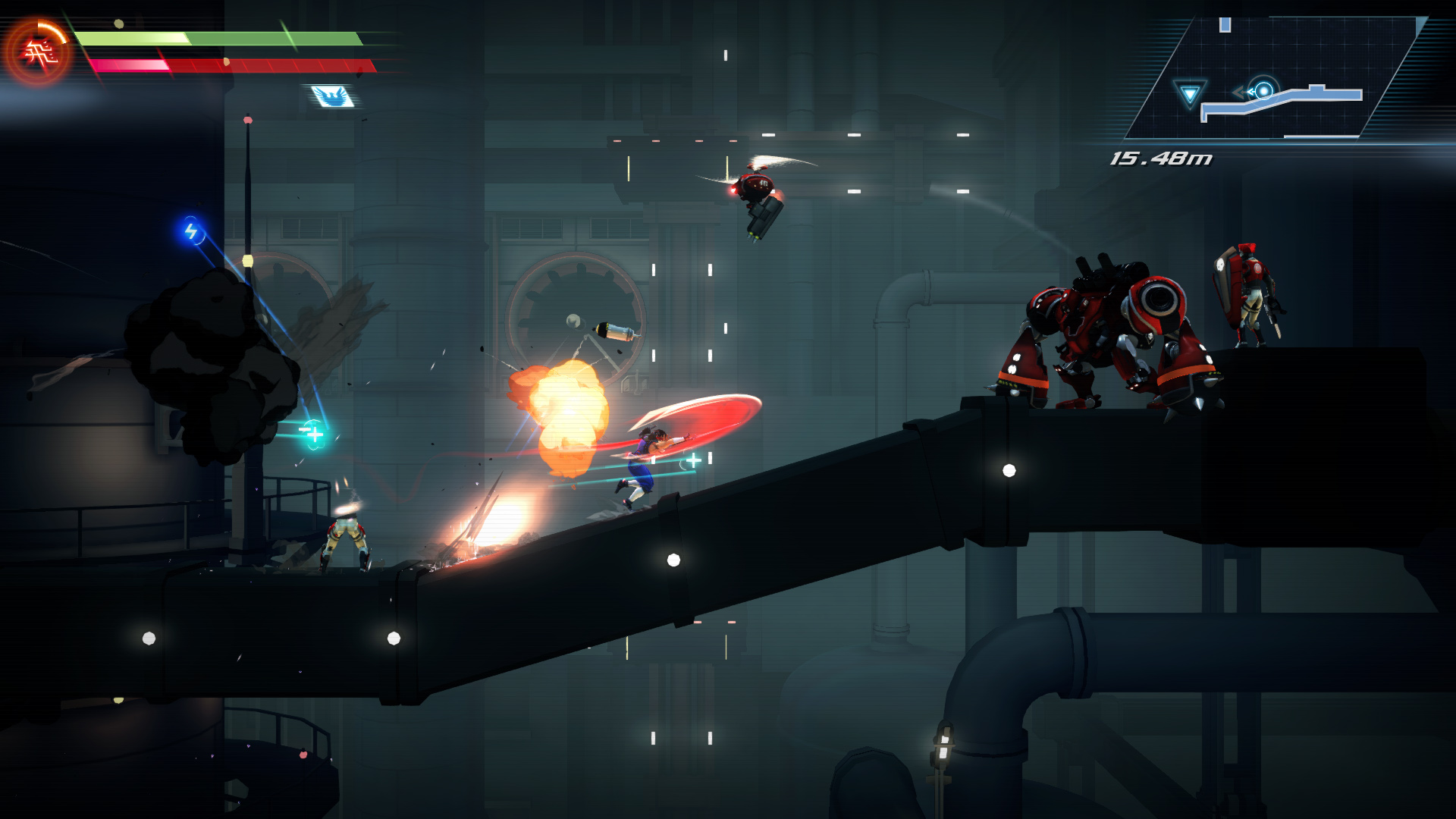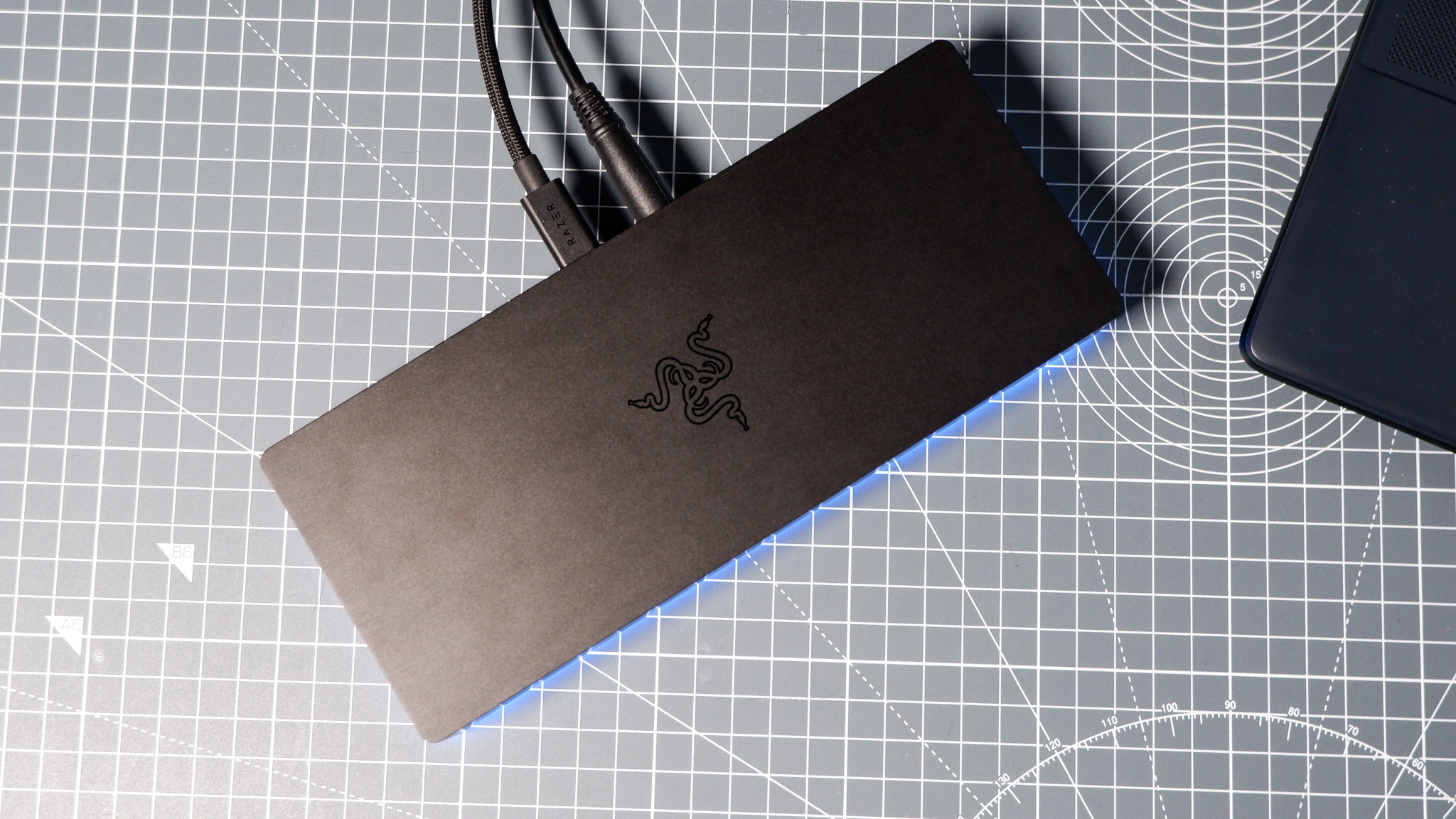Our Verdict
Strider is a liberating, free-form action platformer studded with frustrating callbacks to an arcade era better left behind.
PC Gamer's got your back
A great power fantasy can be a wonderful thing, and in this respect, Strider should have been one of the best. This resurrection of the 1989 arcade game follows a ninja so fast and skilled that he's able to cut down a squad of enemies without ever slowing to a walk, and at full speed with a swinging sword, Strider's raw energy is a joy to control.
Huge, chaotic melees show off this free-form beat poetry of violence at its best, but there's too much in Strider that clamps down, taking leverage away from players. The result is a game that is too frustrating to deliver a truly great power trip.
Speed slicer
Let's get the story out of the way: it's as incomprehensible as it is unimportant. Strider is a ninja sent to assassinate the overlord of the Soviet-era city-state Kazakh. That's it. Now forget that nonsense and start chopping dudes in half.
Strider abandons pretension to plot with glee, and it's better for it. This game is about action and speed, and it's when those elements come together that Strider shines. Strider's main mode of movement is the dead-out sprint. While running, Strider swings his sword out in an arc. Spam the attack button fast enough and he'll build a wall of death and slam it straight through his enemies. It's not a ninja-like or cunning assassination strategy, but it is a novel mechanic in an action platformer. Jumps and wall climbing are key to launching Strider up and behind targets and dodging their shots. Combining speed with vertical movement made the best fights a creative display of swordfighting chaos.
Keep up to date with the most important stories and the best deals, as picked by the PC Gamer team.
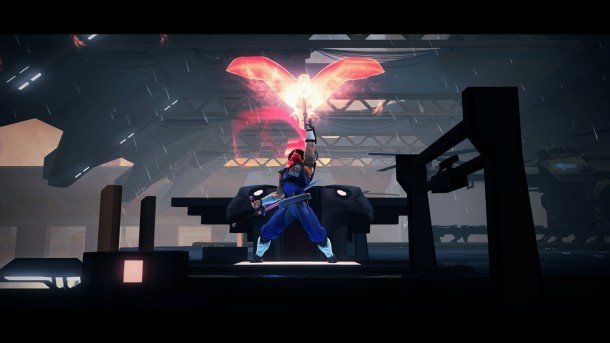
As Strider explores Kazakh and ventures into its various zones and neighborhoods, he unlocks new weapons and ways to move around. The ability to double-jump, slide, and power attack from above add much-needed variety to combat, chaining into each other to jump, spin, and attack from all angles with a great level of creativity. Speed is his safety, and the best new abilities harness that speed and send it in new directions. New moves also allow access to once-locked doors, high ledges, and low tunnels that lead to levels and secrets. Strider is a game that wants you to go back and explore.
The sins of the father
Then come the boss fights. The feeling of power that Strider works so hard to cultivate comes to a halt when a boss appears, and it's a jarring, unwelcome transition. Freedom of movement is thrown out as wide open city terraces lock down and Strider can no longer use his speed or vertical spaces. Instead, bosses feature long health bars and annoying, cheap-shot attacks. Button-spamming and profanity begins as Strider brings down bosses with ten thousand pathetic cuts.
Unlike the rest of the game, boss fights made me feel powerless. One boss, floating above on a jetpack, could only be hit by double jumping up to reach him. The feeling of being a child reaching up to slap an adult's knee made my repeated failure even more infuriating.
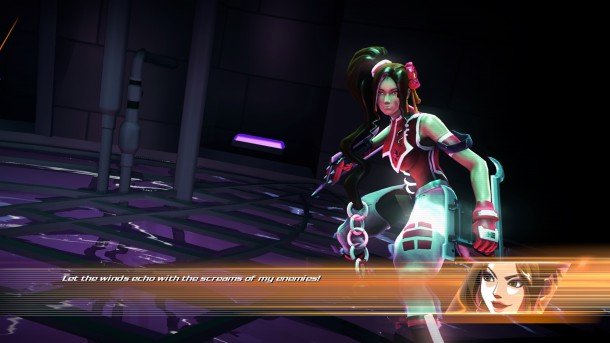
The checkpoint-based save system exacerbates the difficulty of these boss fights. Fail and you're forced to redo the last ten minutes of button-spamming. Worse, you'll have to listen to them taunt you again and again during unskippable cutscenes.
The frustration and cheap shots make a lot more sense in the context of an arcade game. In 1989, horrific difficulty curves guaranteed more quarters, and devotees to that design style may still enjoy it. But in the modern age, I cursed the game, the developers, my editors, and all nearby deities. Don't get me wrong, I find value in a hard-won victory. But defeating Strider's bosses never filled me with a sense of accomplishment. I instead vowed that I would never have to endure that again—not exactly the kind of experience that encourages replay.
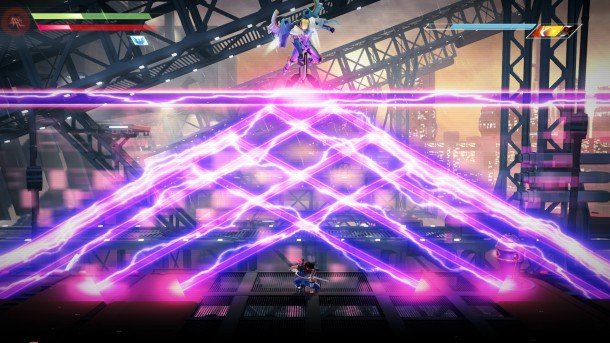
Self-inflicted damage
Also not encouraging is how disappointing the PC port is. Controls aren't remappable, so a gamepad is essential, and there are few graphics options. And even if I could tweak the settings, the graphics would leave me wanting.
Strider's art style is too full of lens flairs and neon to be bland, but backgrounds and bad guys get repetitive—the game rarely deviates from anime cliches. Unfortunately, standard anime tropes extend to the game's female characters. Without exception, they are big-chested ninja fantasies with butt-hugging leotards and high heels. Strider has changed since 1989, so it's a shame that its gender representation attitudes haven't grown up as well.
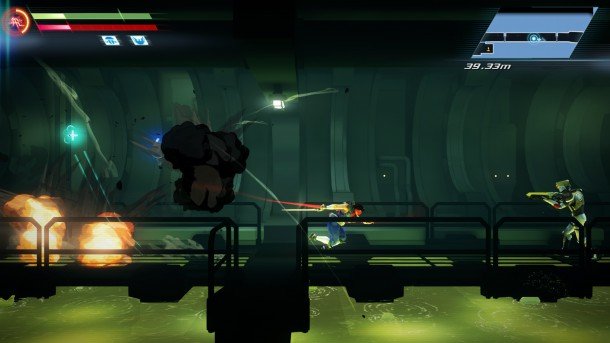
Did Strider make me feel like a ninja badass? I've got many complaints, but the answer is still yes. Once Strider unlocks his powers and lets loose on Kazakh, the speed and strength of the game's combat drew me back in, no matter how mad I was at the last boss battle. It's no wonder that the game's ethos and personality revolve around speed, Strider can't help itself: it's got to go fast. Any time it slowed down, I was free to reflect on its avoidable mistakes.
Strider is a liberating, free-form action platformer studded with frustrating callbacks to an arcade era better left behind.
